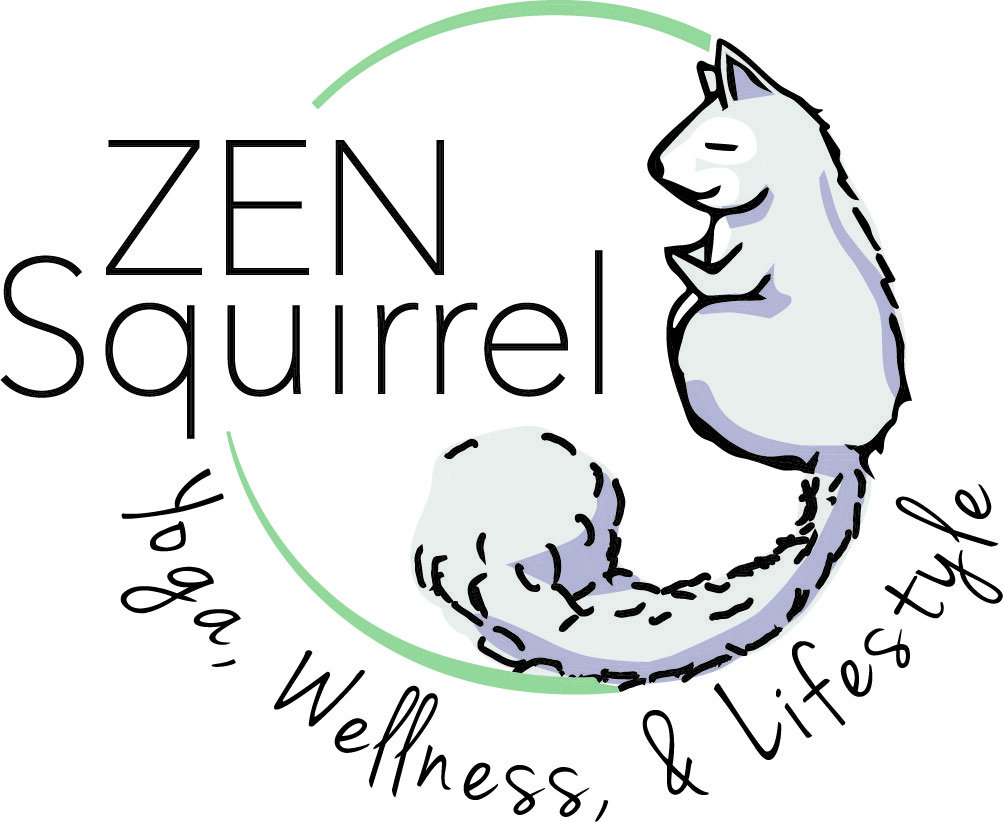Spring Cleaning for Mental Clutter
Society values multi tasking and efficiency. These skills are considered necessary for companies to thrive in today's competitive marketplace. We now talk on the phone or listen to a book while going about our daily tasks. Always on the go, time is a commodity. The more we can accomplish in a shorter amount of time, the better ... or is it? There is certainly a time and place for these efforts, but sometimes it can be a bit too much. We may find ourselves with a bit of mental clutter. Here are my 3 simple steps to begin mentally decluttering.
-
Slow Down - It is important to schedule some time to slow down, quiet your mind, and restore. For a healthy way to slow down, I prefer yoga and meditation. Other helpful practices include walking in nature, playing music, praying, journaling, or reading spiritual books. It is important to schedule this time, and make it a priority. If you regularly take the time to slow down, you will be able to access the skill when it is necessary in steps 2 & 3.
-
Listen - Dictionary.com defines listen as "to give attention with the ear; attend closely for the purpose of hearing". We must first practice listening to ourselves before we can ever truly listen to others. Begin to become more sensitive to your gut instincts and physical cues that your body uses to communicate with you (tight shoulders, breath changes, etc). Ask yourself what story is behind a particular feeling or instinct. Use your practice of slowing down from step 1 to become a better listener. We must be able to refine the art of internal listening if we ever want to be able to truly listen to others.
-
Trust - It is impossible to slow down and listen without the element of trust. Stop any urges to judge what your are hearing, how well your meditation is going, what you should be doing instead. If you are practicing listening to yourself, give yourself permission to trust your instincts. If you are practicing listening to others, fight the urge to solve their problems or judge what they are saying. Less judgement and more trust will help free you from unnecessary mental clutter.
These are skills that I am beginning to refine after 16 years of yoga practice. When I am able to get it right, I can feel a physical sense of lightness in my body and focus in my mind. Notice the physical feelings that you have when you are actively listening to yourself. Take that practice, and use it when you are interacting with others. The ability to clear out enough mental clutter to slow down, truly listen, and trust ourselves and others is a highly rewarding practice that is well worth the effort.
Namaste - Beth

